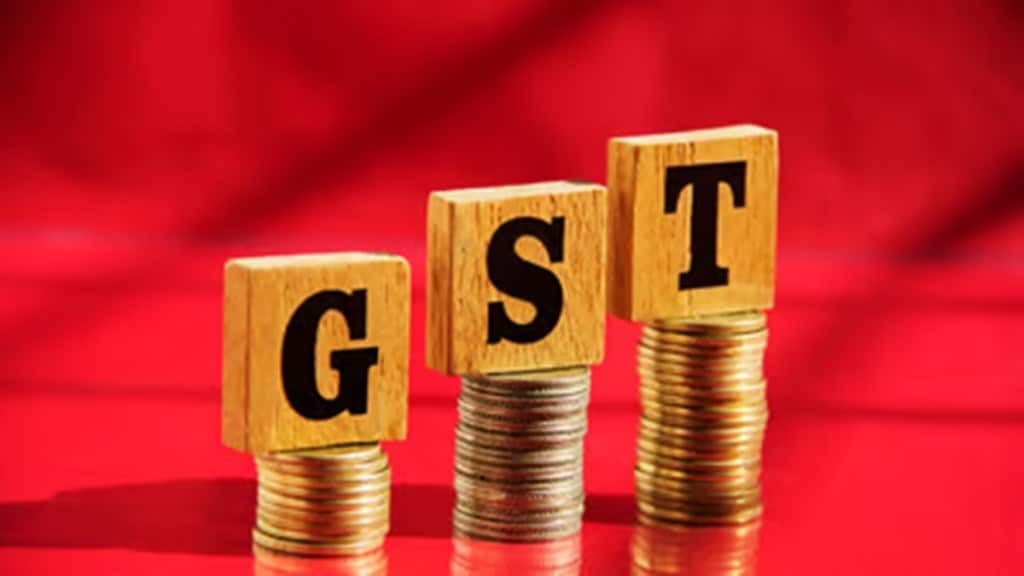The Group of Ministers (GoM) panel under the GST Council, tasked with deciding the levy on health & life insurance premiums, has submitted its report to the Council, a senior official said on Wednesday. The Council is likely to take up the matter for discussion in its meeting on December 21, in Jaisalmer.
Meanwhile, the state finance ministers are also slated to meet the Union finance minister on Friday for pre-Budget consultations.
Besides, the Council is also expected to take up the GoM’s report of rate rejig of about 150 items for discussion in the Saturday meeting. Sources say, the rate rationalisation exercise–hiking rates on some items, while reducing on others–is expected to fetch Centre & states an additional revenue of around Rs 22,000 crore per annum.
Furthermore, the Council may discuss the taxability issues related to food delivery services. Sources say the Council may clarify whether or not 5% GST on delivery charges by food delivery apps–such as Zomato and Swiggy–will be levied, on a retrospective basis from 2022.
The GST authorities recently sent notices to food delivery companies, over non-payment of such dues. Last week, Zomato received a GST shortfall notice of Rs 803 crore for the period of 2019-2022. The authorities have taken a view that delivery charges attract an 18% GST.
Food delivery platforms currently do not pay GST on delivery services, arguing that their delivery partners, who are typically unregistered, handle the direct delivery of orders to customers. These delivery partners are generally presumed to earn less than the GST registration threshold of ₹20 lakh in annual turnover, exempting them from the registration requirement.
Sources say the GoM has decided to recommend slashing the GST on readymade garments priced up to Rs 1,500 to 5% from 12%; but for garments priced between Rs 1,500 and Rs 10,000, it has proposed to hike it to 18% from 12%.
The panel has also decided to suggest lowering GST rates to 5% for 20-litre packaged drinking water bottles (existing 18%), bicycles (18%) and exercise notebooks (12%); and raising the GST on wristwatches priced above Rs 25,000 and shoes above Rs 15,000 to 28% from 18% currently.
Moreover, the GoM has proposed a ‘special rate’ of 35% on several sin items such as tobacco, tobacco products and aerated beverages. Currently, assorted tobacco items, pan masala and aerated water are among those attracting 28% tax. Some sources, however, say these items may attract a 40% rate, the highest permissible rate.
According to sources, the GoM has recommended removal of GST on premiums of term life insurance and health insurance for senior citizens. It has also suggested reduction of the GST rate on all health insurance premiums (excluding senior citizens) to 5% from 18% currently.
A complete exemption of term-life insurance from GST will cost the exchequer about Rs 200 crore annually, while exempting senior citizens’ health insurance premiums will cost another Rs 3,000 crore, sources say. Between FY22 and FY24 the total GST collected from health insurance premiums was about Rs 21,000 crore.
Earlier this month, Finance Minister Nirmala said that if the GST rates are reduced, post recommendation from the Council, the cost of insurance to the policy holder is expected to come down.

